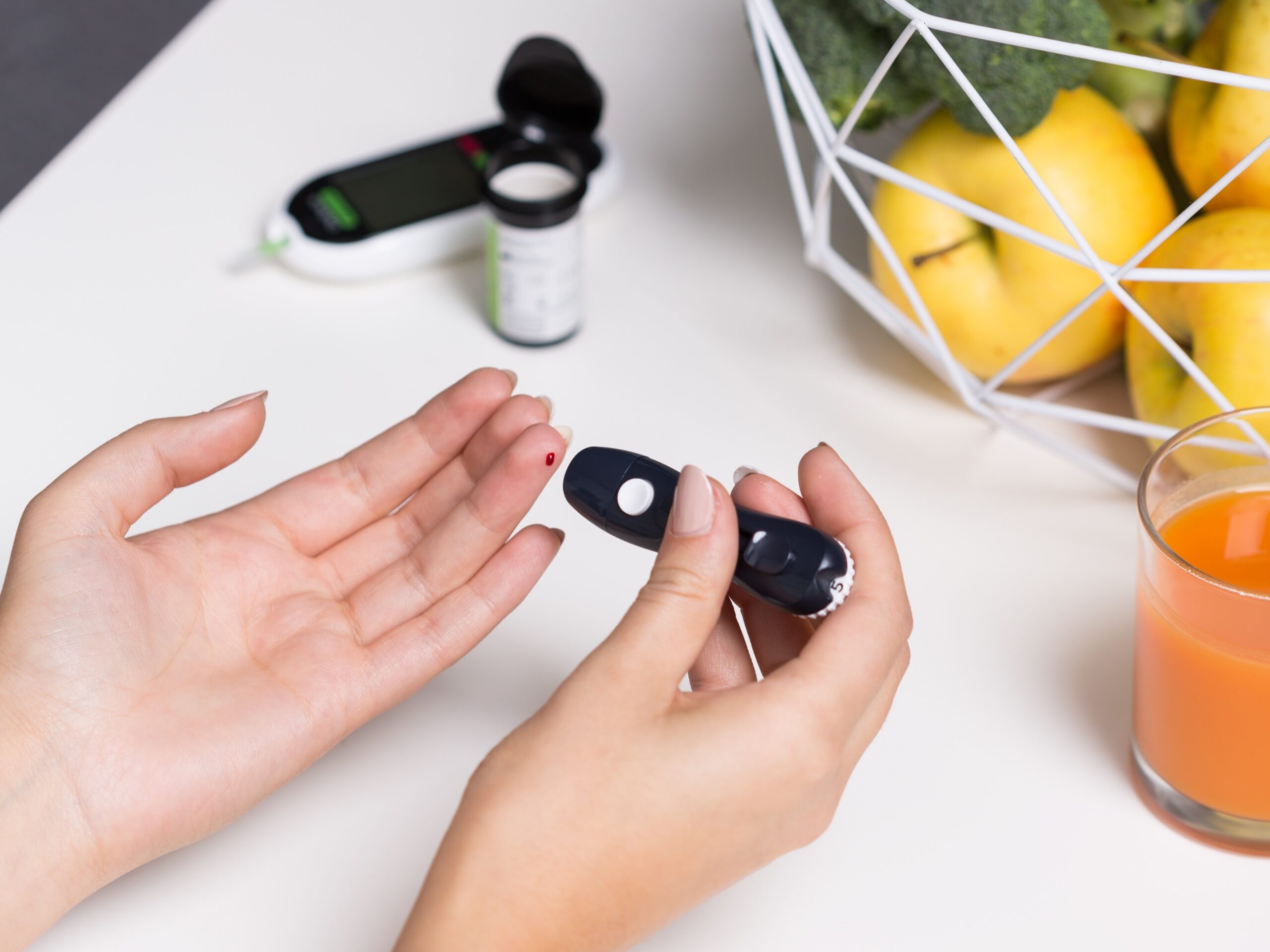-

Medical nutrition therapy
What is medical nutrition therapy (MNT)? Medical nutrition therapy (MNT) is a science-based method that aims to prevent or manage disease through targeted nutrients, rather than pharmaceutical drugs. It is the result of more than ten years of clinical research conducted in both Swedish and international laboratories. MNT focuses on how specific nutrients can influence…
-

Gestational Diabetes Mellitus
Gestational Diabetes Mellitus (GDM) Gestational diabetes mellitus (GDM) is defined as a form of glucose intolerance first recognized during pregnancy. It applies whether diet alone or insulin treatment is required, and whether the condition disappears after delivery or continues. Gestational diabetes affects how the body processes blood sugar during pregnancy. It occurs when hormonal changes…
-

Diabetes During Pregnancy
Gestational diabetes pregnancy – for parents, present and future Congratulations on your pregnancy or your plans to get pregnant! Managing diabetes during pregnancy is crucial for both your health and your baby’s. Becoming a parent is one of life’s greatest transitions. At Indevex, our priority is to support you in feeling well before, during, and…
-

Gestational Diabetes Diet
Healthy lifestyle Most people are reluctant to take drugs, especially when there are healthier options. When it comes to managing gestational diabetes, adopting a healthy lifestyle can make a real difference. There are effective ways to stabilize blood sugar levels and support the body’s ability to manage insulin resistance, especially through a well-planned gestational diabetes…
-

Signs of gestational diabetes
Gestational Diabetes Gestational Diabetes is a form of diabetes that occurs in pregnant women. Gestational Diabetes means that the mother has a high content of sugar in her blood, which can be caused by the inadequate production of insulin. Insulin is a hormone produced by the pancreas. Insulin’s primary role is to lower the blood…
-
Ideal Macros & Determining Macros
Ideal macros – More about macronutrient preload By ingesting a smaller amount of specific macronutrients (in most studies approximately 30 minutes before a meal), one is stimulating these nutrients to reach the small intestine more quickly, triggering the release of hormones that control digestion (like GLP-1 and GIP) at an earlier stage. This process slows…
